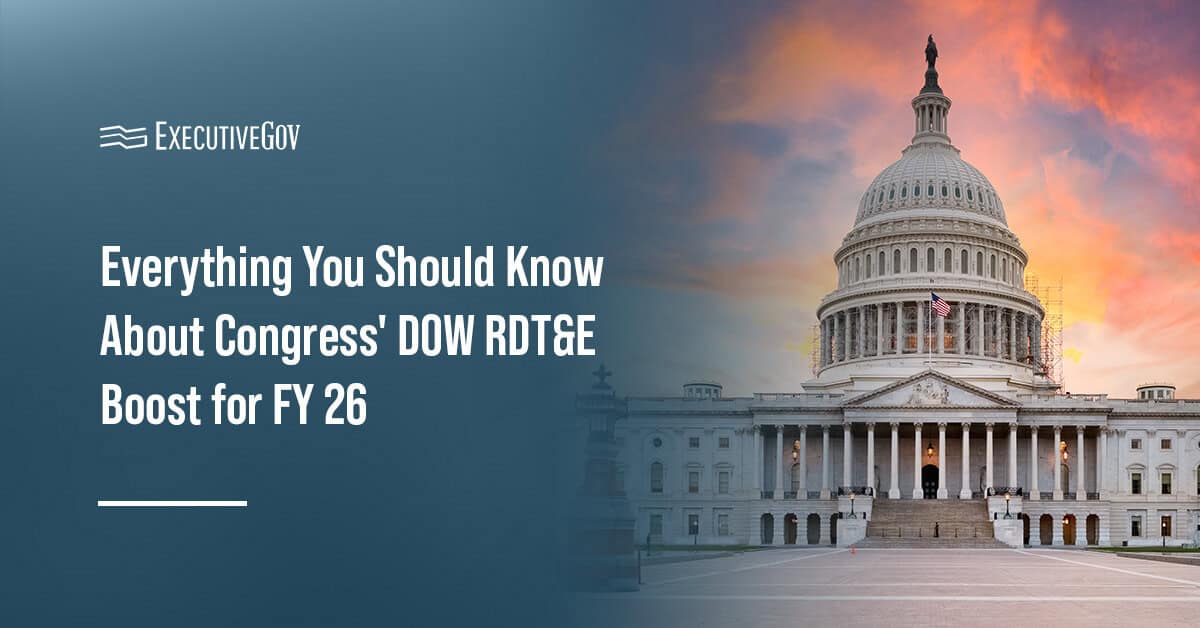A well-written business plan is key to success in the competitive government contracting industry. It is a roadmap that outlines a contractor’s experience, capabilities and expertise as an ideal partner in fulfilling government objectives.
Learn the basics of a great business plan for government contracting.
Table of Contents
What Is a Business Plan?
A business plan is a comprehensive document that details the contractor’s objectives, strategies and financial projections. It serves as a manual for growth, helping organizations secure funding, attract investors and obtain new business opportunities.
Having a business plan provides an organization with a method method to operate objectively, evaluate the feasibility of a new business idea and increase the probability of success in government contracting.
Selecting the Right Format for a Business Plan for Government Contracting

There’s no one-size-fits-all approach to creating a business plan for government contracting. The ideal format depends on the type of business and its specific needs and goals.
Two standard formats dominate the business planning process: traditional and lean startup.
Traditional Business Plan
A traditional business plan format must be very detailed to explain the contractor’s capabilities, past performance and compliance history. Government agencies consider these factors necessary in selecting the right contractor.
- Widely used — The traditional business plan’s structured approach infuses detailed sections that account for all business components, making it best suited for a situation requiring thoroughness.
- Detailed analysis — This business plan type executes a thorough analysis, where every section must be critically examined. It is particularly beneficial for contracts requiring a robust track record and complex project management.
- Lengthy document — A traditional business plan is generally protracted, sometimes containing containing dozens after dozens of pages. This lengthy plan can prove advantageous when the level of information provided in the document increases the chances of winning a contract.
- Specific use cases — A traditional business plan is well-suited for large-scale projects or high-security contracts, where the ability to deliver according to rigorous specifications is necessary.
Lean Startup Business Plan
A lean startup business plan involves quickly testing and validating business ideas. This approach is commonly used by startups and early-stage companies to create a strategic roadmap. It focuses on identifying and testing key assumptions about the market, ensuring that resources are used efficiently for agile adaptation based on market feedback.
For example, lean startup principles were utilized in the creation of healthcare.gov, which was launched within just 90 days and at a significantly lower cost than typical federal government projects of a similar nature.
- Focus on essentials — A lean startup business plan prioritizes conciseness, emphasizing the most critical elements of the business strategy.
- Efficient approach — This format streamlines the planning process by focusing only on crucial information, allowing for a more efficient document creation process.
- Less common — While less prevalent than traditional plans, lean startups can be used by contractors seeking a concise and focused format.
5 Helpful Tips for Preparing a Business Plan

1. Conduct Competitive Analysis and Market Research
Conducting market research and competitive analyses enables a contractor to identify specific targets and procurement needs of government agencies.
For example, contractors may need to analyze the contracts that the agency recently awarded to better understand the project scale, contract size and qualifications. With this information, they can tailor the business plan according to the agency’s requirements.
2. Showcase Capabilities and Accomplishments
A business plan must showcase a contractor’s capabilities and previous performance. It should detail the contractor’s contractor’s qualifications and expertise, focusing on certifications and industry recognitions that demonstrate the ability to deliver contract requirements within the given timeline and required budget.
This information can prove a business’ expertise and capabilities in handling the project and providing high-quality service.
3. Integrate Competitive Financial Analysis and Projections
Integrating competitive financial analysis and projections in a business plan can demonstrate a contractor’s ability to manage large government projects. The projected revenue, operating expenses and profit margins from the contract are recommended to be included in the study.
Contractors seeking funding to acquire crucial systems and equipment must detail how these resources can enhance their ability to fulfill specific government contracts.
4. Ensure Compliance With Government Contracting Regulations
Government contracting comes with a unique set of compliance requirements and regulations. Compliance is vital to demonstrate a contractor’s commitment to ethical business practices and adherence to relevant laws.
When drafting the business plan, outline quality assurance procedures and highlight the track record of meeting quality standards.
5. Follow IT Infrastructure Guidelines and Cybersecurity Measures
Depending on the type of contract, a contractor may be subject to some cybersecurity measures, security clearances and IT infrastructure guidelines.
The business plan should emphasize the contractor’s commitment to security awareness and employee security training to secure cybersecurity contracts. It should also highlight the ability to safeguard sensitive government data through firewalls, intrusion prevention systems and data encryption protocols.
More importantly, the business plan must detail the contractor’s vulnerability management approach, incident response and disaster recovery for cybersecurity measures.





